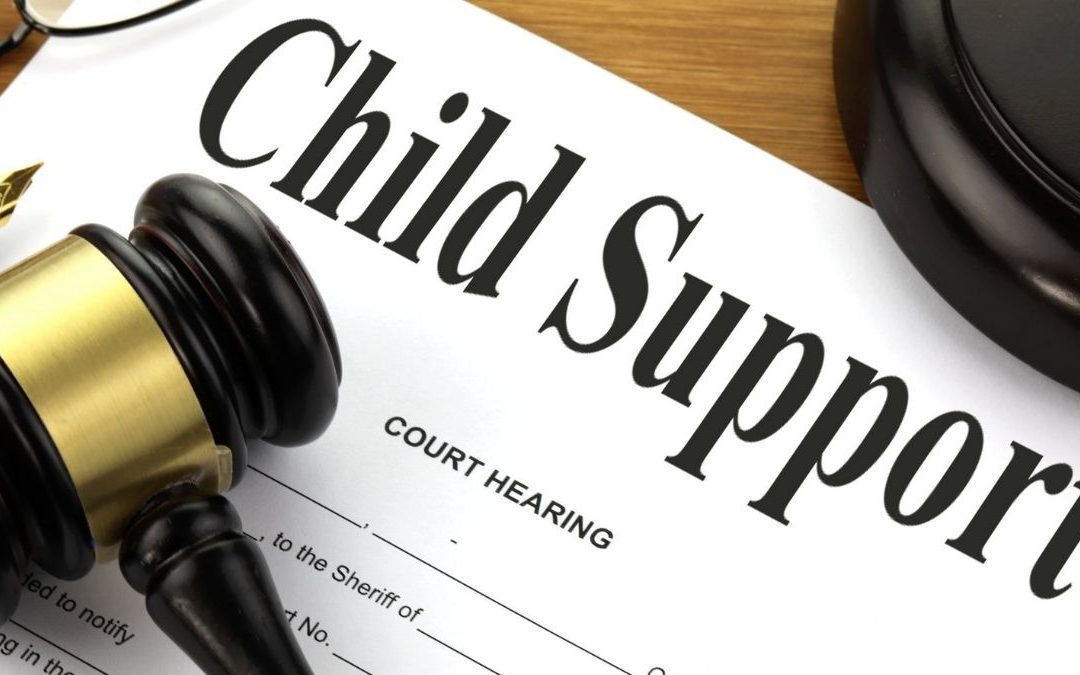Divorce marks a significant change in a family’s dynamics. Often, the decision impacts not just the couple but also the children. One of the primary concerns that arises from this transition is the well-being of the children involved.
The concept of co-parenting, where both parents actively share parenting responsibilities despite their separation, has emerged as a potential solution to maintain stability and continuity in the lives of the children. However, the feasibility of co-parenting post-divorce involves various factors that both parents must consider and address.
Read on to learn whether co-parenting after divorce is genuinely feasible.
Understanding the Basics of Co-Parenting
Co-parenting involves a concerted effort by both parents to collaborate on all aspects of child-rearing—from daily routines to significant life decisions. The success of this arrangement heavily depends on the ability of the former spouses to communicate effectively and put aside personal grievances for the welfare of their children. Often, this requires external support from mediators or legal counsel. For instance, some parents may find working with a shark lawyer beneficial in ensuring a favorable outcome.
However, if one wants someone who can get them the result they need without becoming a shark lawyer, working with a competent attorney can be an excellent idea. They can help ensure their rights and the best interests of their children are safeguarded during and after the divorce process.
The Role of Effective Communication
At the heart of successful co-parenting is communication. Former partners must develop a respectful, clear, and consistent communication style to avoid misunderstandings that could affect the children. Tools like co-parenting apps and shared calendars can help streamline communication and keep both parties informed about school events, medical appointments, and other activities. Training in conflict resolution can also be beneficial, as it equips parents with the skills needed to handle disagreements constructively.
Setting Boundaries and Establishing Guidelines
For co-parenting to work, clear boundaries and guidelines must be established. These include fixed schedules for custody, holiday plans, and daily responsibilities, among others. It is crucial that these agreements are documented and legally binding, potentially with the assistance of a mediator or attorney.
Moreover, parents should agree on rules uniformly enforced in both households, such as bedtimes, homework responsibilities, and screen time limits, to provide consistency and security for the children.
Dealing with Emotional and Psychological Aspects
Divorce can be an emotionally charged experience for all involved. Children, in particular, might feel unsettled by the significant changes in their family structure. Parents must be sensitive to these emotional needs and provide the necessary support. This might involve engaging the services of a child psychologist or counselor who can work with the family during this transition.
For the parents, individual therapy or divorce support groups can provide an outlet for their emotions and help them maintain a positive outlook, which is beneficial for effective co-parenting.
The Impact on Children
The influence of both parents in a child’s life after divorce is pivotal. The children are believed to gain psychological and emotional benefits when both parents are involved in a healthy, constructive manner. Co-parenting helps soften the emotional blows typically inflicted by a parental separation by providing children with a consistent and familiar relationship framework. This continuity is crucial for emotional stability and can significantly help mitigate feelings of abandonment or isolation that children might experience during a divorce.
Success in this area often hinges on both parents’ ability to suppress personal disagreements to focus on collaborative parenting, emphasizing the children’s needs over their interpersonal conflicts.
Legal and Financial Considerations
Navigating legal and financial responsibilities is complex yet crucial in co-parenting. Co-parents must collaboratively manage obligations such as child support, healthcare, and educational expenses, which require clear agreements and transparent communication. Establishing these responsibilities through legal means ensures that contracts are enforceable and respected.
Regular financial audits and updates on expenses related to child-rearing help maintain a balanced contribution from both parents, preventing potential disputes. Such measures are instrumental in fostering a stable co-parenting arrangement, ensuring that the financial aspects of child-rearing are handled fairly and transparently. This in turn supports the overall well-being of the children.
Conclusion
Co-parenting after divorce is feasible and can benefit all parties involved, particularly the children. While it requires a high level of cooperation and commitment from both parents, the long-term benefits can be substantial. By keeping the information mentioned above in mind, parents can create a stable, loving environment that supports their children’s development and happiness.
Therefore, while challenging, co-parenting is a worthy pursuit that holds the potential to provide children with a balanced and fulfilling upbringing post-divorce.







